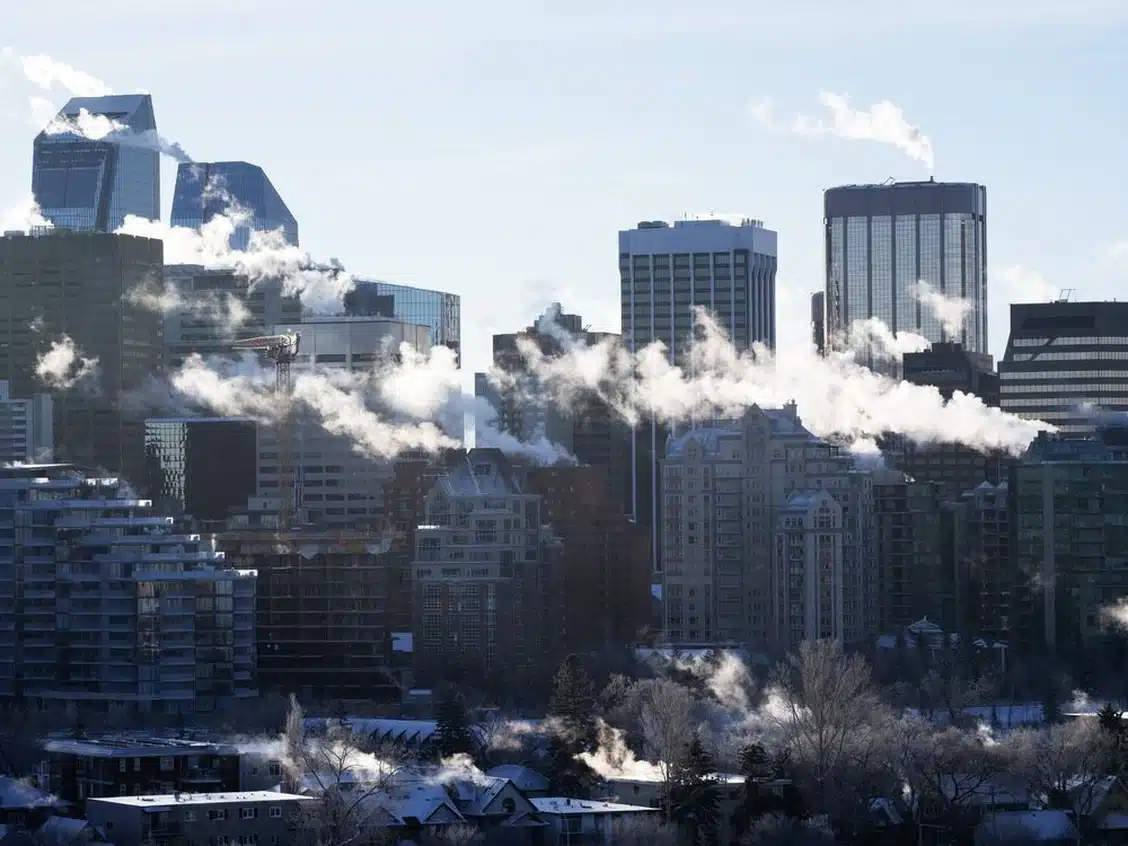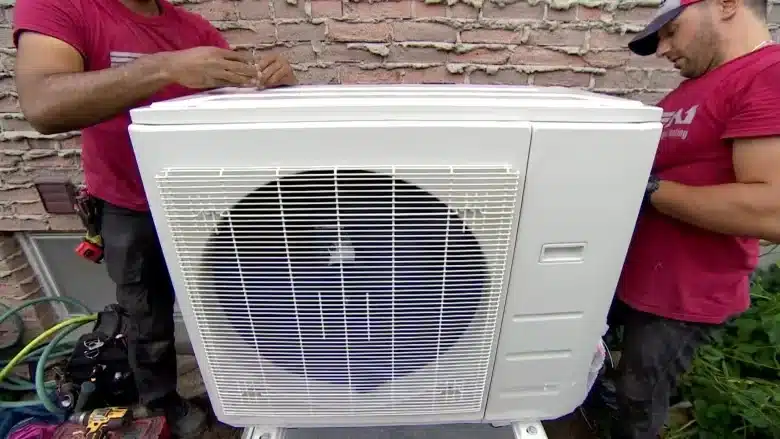New policy brief: Advancing Mandatory Building Performance Standards in Canada: A Call for Federal Leadership
Through a concise exploration of four strategic approaches—direct investment, design, leading by implementation and regulation—this brief aims to present solutions to expedite the adoption of MBPS.
BMO Partners with Canada Infrastructure Bank to Help Building Owners Finance Energy Retrofits in a Sustainable Finance First
BMO has launched a program to help Canadian clients who are commercial building owners get the financing they need to execute energy retrofits at the pace and depth required to help achieve net zero.
DOE finalizes energy efficiency standards for residential refrigerators, freezers
Energy efficiency standards advanced by the Biden administration will save consumers almost $1 trillion over 30 years, according to the U.S. Department of Energy.
Canada is working on a similar regulation, and Efficiency Canada is participating in the process by submitting recommended enhancements to Canada’s regulations.

Canada’s electricity grid increasingly vulnerable to severe weather, experts say
There is virtually nowhere the electricity grid isn’t vulnerable to the rising severity and duration of climate change-related extreme weather. In Alberta, the electric system operator issued just four provincial grid alerts in the four-year period between 2017 and 2020, but has issued an additional 17 since 2021.
ASHRAE enhances performance standard for existing buildings
ASHRAE’s Energy and Emissions Building Performance Standard for Existing Buildings is a code-ready building performance standard that provides processes and procedures for reducing energy consumption and carbon emissions through improved energy efficiency and performance of all types of existing buildings, including residential, commercial, institutional, and industrial.

Ottawa’s heat pump grant faces a funding shortfall
In a report released on January 18, the Office of the Parliamentary Budget Officer (PBO) says that if all eligible Canadians applied for the program — roughly 244,000 households nationwide — it would cost the government $2.7 billion. The PBO says that while it’s unlikely that all 244,000 households will apply, the program is liable to face a shortfall even if only those expected to apply actually ask for the money.
Government of Alberta announces updates to the City Charters for Edmonton and Calgary
On Dec 18, 2023 the Government of Alberta announced updates to the City Charters for Edmonton and Calgary. While these amendments do not limit the ability for Alberta municipalities to adopt mandatory Green Development Standards directly, the changes do indicate the province prefers municipalities do not enact by-laws to limit energy consumption and heat retention as this would, in their opinion, impact housing affordability.
PEI expands access to free heat pumps
Starting January 3, 2024, the annual household net income threshold for eligibility in PEI’s free heat pump program will be raised from $75k to $100k. Property value limits have also been removed.
Nova Scotia delays the adoption of the 2020 Model Codes
Nova Scotia announced in late December 2023 that it would postpone amendments to the provincial building code regulations to adopt the 2020 national model codes, which were previously slated to take effect January 1, 2024. The province attributed the delay to a need for more education and training, labour shortages and supply chain issues. Nova Scotia had planned to adopt Tier 1 of the national codes, and move to tiers 2 and 3 in the ensuing four years. The province did not provide an updated timeline for amending its building code regulations.
B.C. government considering outright ban on new standalone gas heating appliances by 2030
Stakeholder consultation on the proposed energy-efficiency standards continues this week with general information session for contractors.
Ontario Minister Proposes Legislative Reversal on Enbridge Gas Connection Costs Amidst Stranded Asset Concerns
In late December 2023, the Ontario Minister of Energy Todd Smith announced he would introduce legislation to reverse a decision by the Ontario Energy Board prohibiting Enbridge from amortizing the cost of new natural gas connections over the next 40 years. The OEB argued this results in a large stranded asset risk if/when customers get off natural gas as part of a transition toward electrification. Instead, the OEB suggested the connection cost be borne by developers, which addresses this risk and incentivizes developers to choose the most cost-effective and energy-efficient choice.
SaskEnergy and SaskPower team up for energy efficiency retrofit rebate
SaskEnergy and SaskPower have joined together on a rebate to help make homes more efficient. It’s called the Home Efficiency Retrofit Rebate, which provides eligible homeowners with rebates to be used towards upgrading their home’s insulation, air-sealing, windows, and doors.

Utilities throw down on a bigger, cleaner, smarter grid
Utilities are moving quickly, not only to expand and modernize their grids, but also to make them more resilient, more affordable, and smarter — better able to handle and shift peak demand loads.
City of Saskatoon launches home energy mapping tool with Open Technologies
An online retrofit tool, created by Open Technologies, assigns energy scores and creates a customized roadmap to see what actions can be made to reduce energy consumption. The Home Energy Map utilizes publicly available home information from tax assessment records, such as type of home, year built, and floorplan, and was trained using anonymized information from a large dataset of real Saskatoon homes that had gone through the EnerGuide for Homes process.
New Halifax organization to help pave the way to net-zero buildings
Building to Zero Exchange (BTZx) was recently launched in Halifax, marking a significant stride in advancing cross-sector collaboration and capacity building within the building industry, with a specific emphasis on low-carbon buildings.
